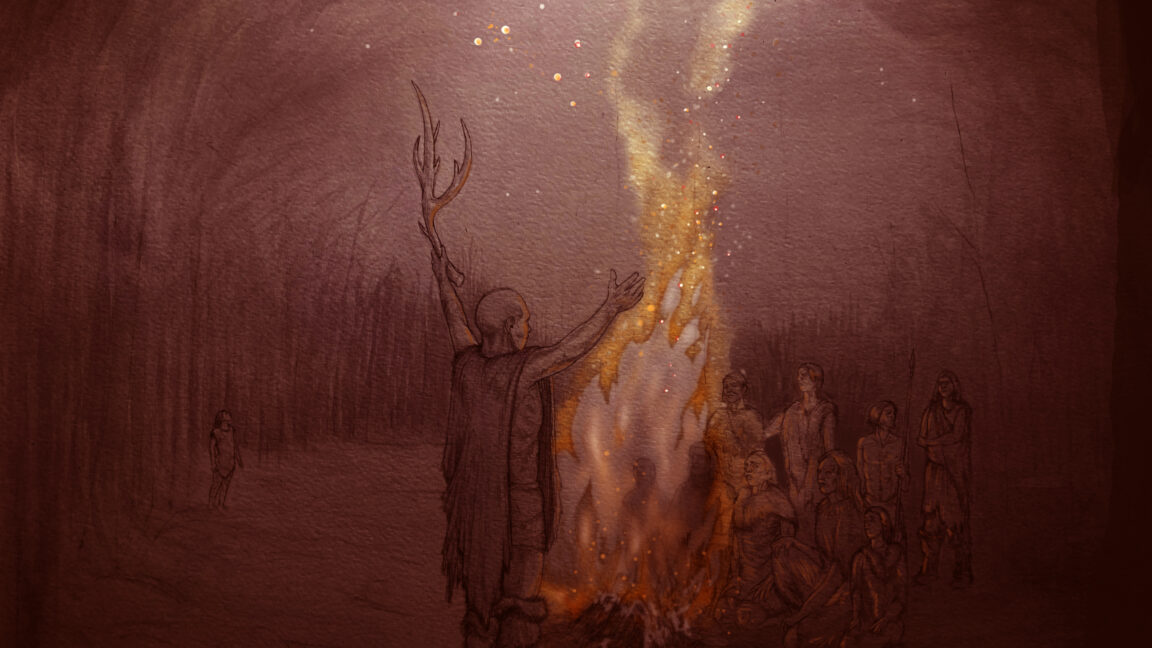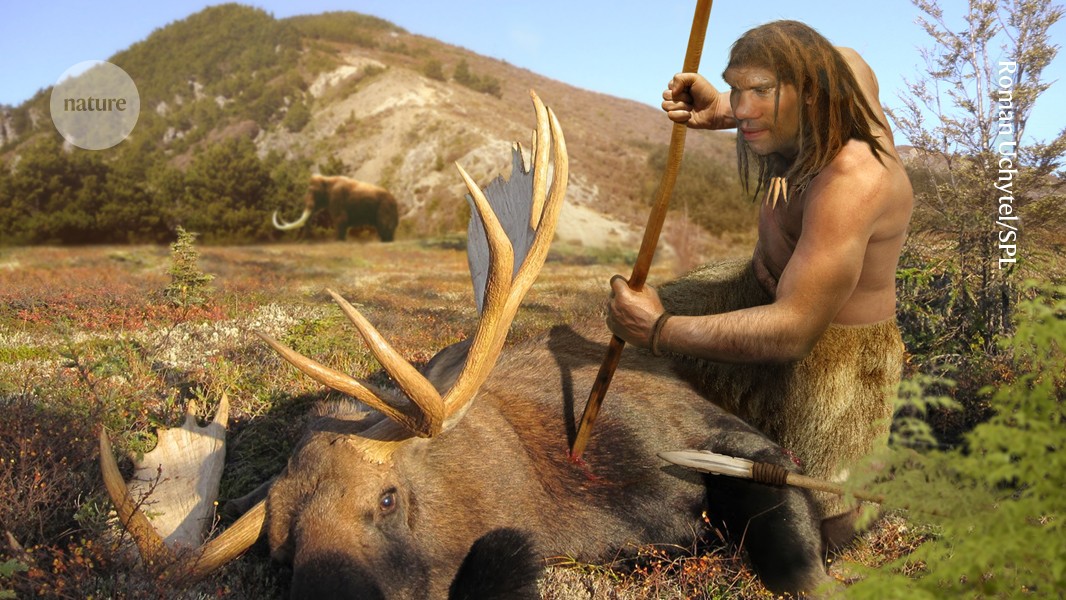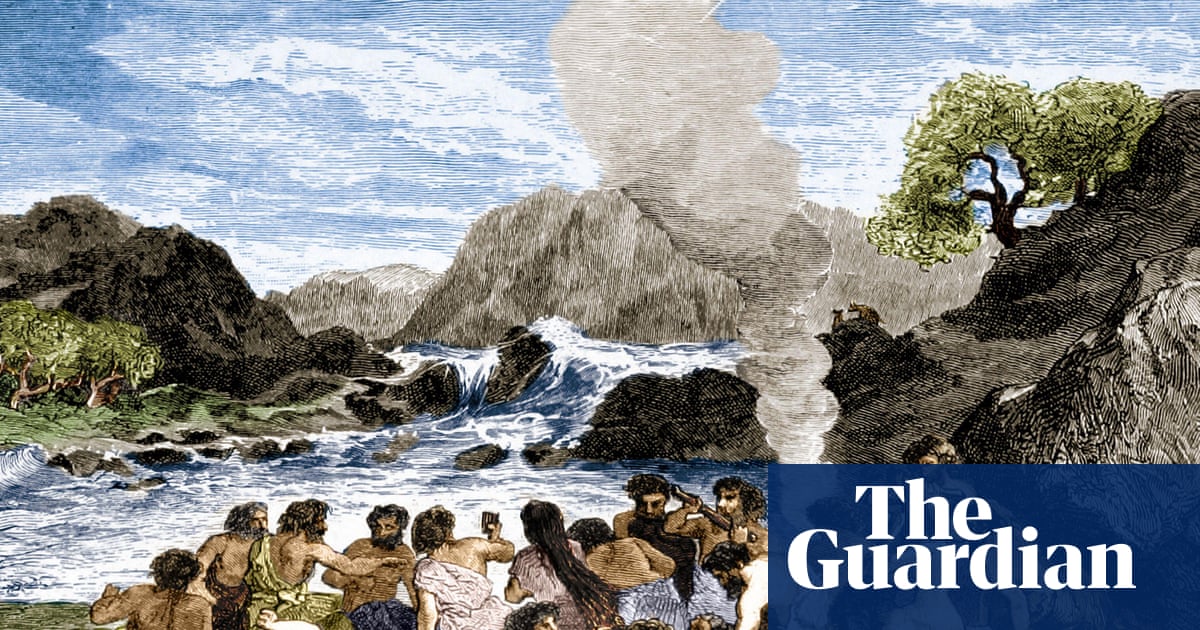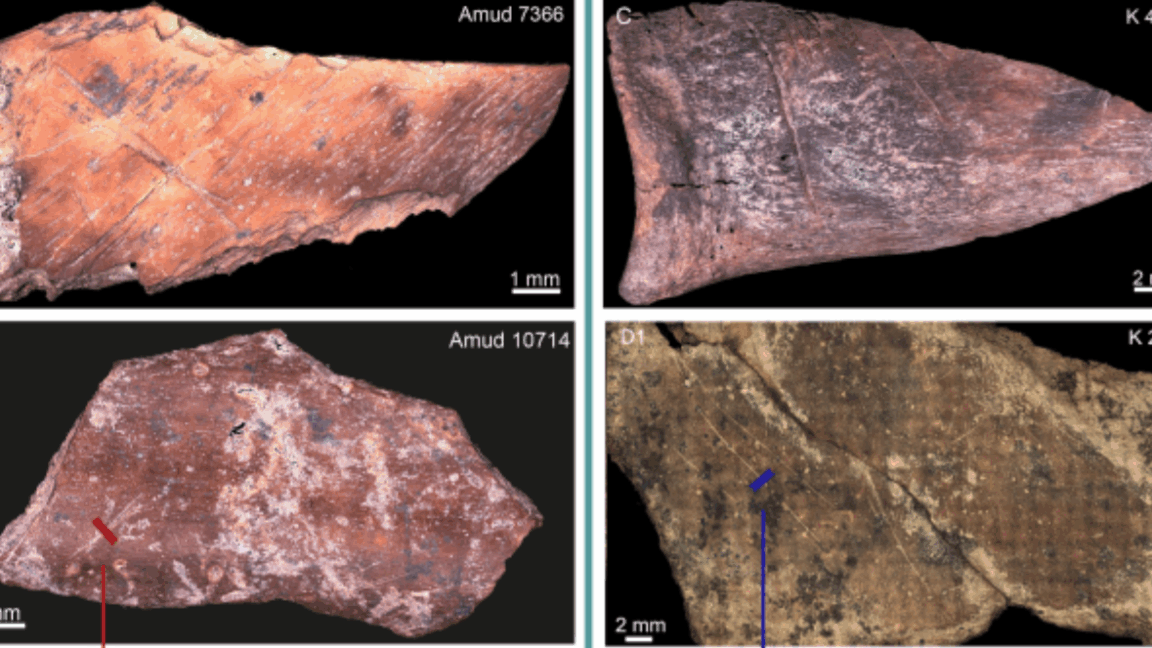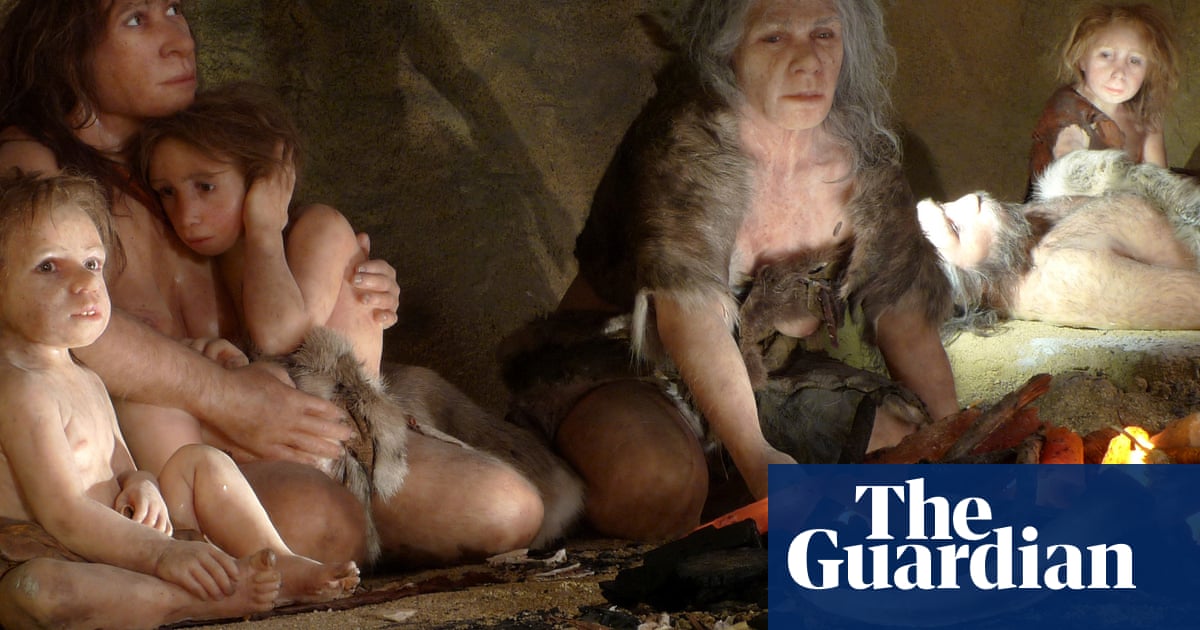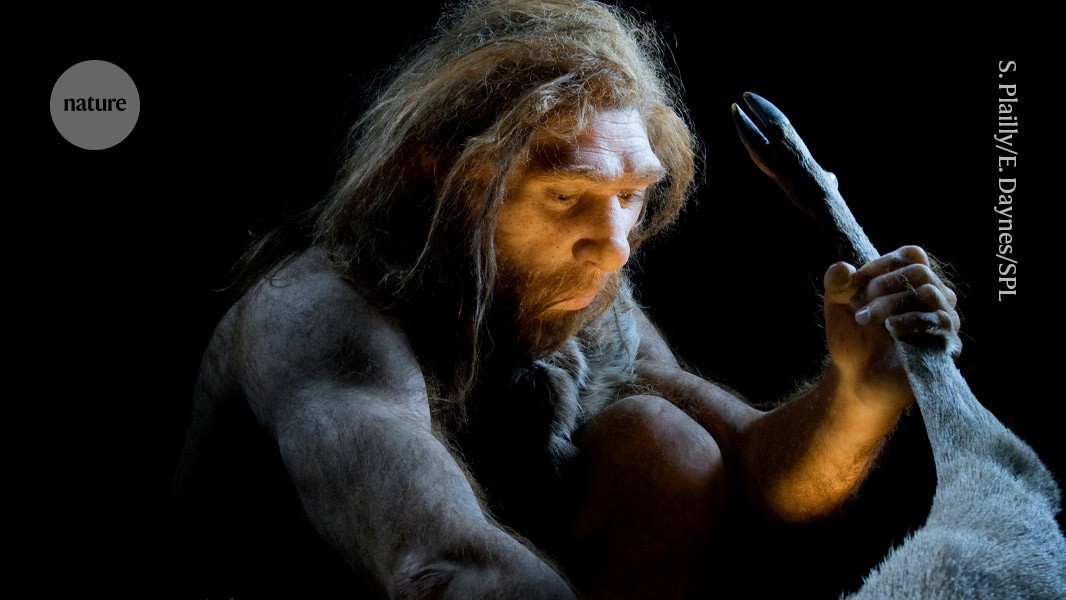fromOpen Culture
1 month agoThe World's Oldest Cave Art, Discovered in Indonesia, Is at Least 67,800 Years Old
Up until about 20,000 years ago, it seems that cre­ators and view­ers of art alike spent a good deal in one par­tic­u­lar cave: Liang Metan­duno, locat­ed on Muna Island in Indone­sia's South­east Sulawe­si province. The many paint­ings on its walls of rec­og­niz­able humans, ani­mals, and boats have brought it fame in our times as a kind of ancient art gallery. But in recent years, a much old­er piece of work has been dis­cov­ered there, one whose cre­ation occurred at least 67,800 years ago.





